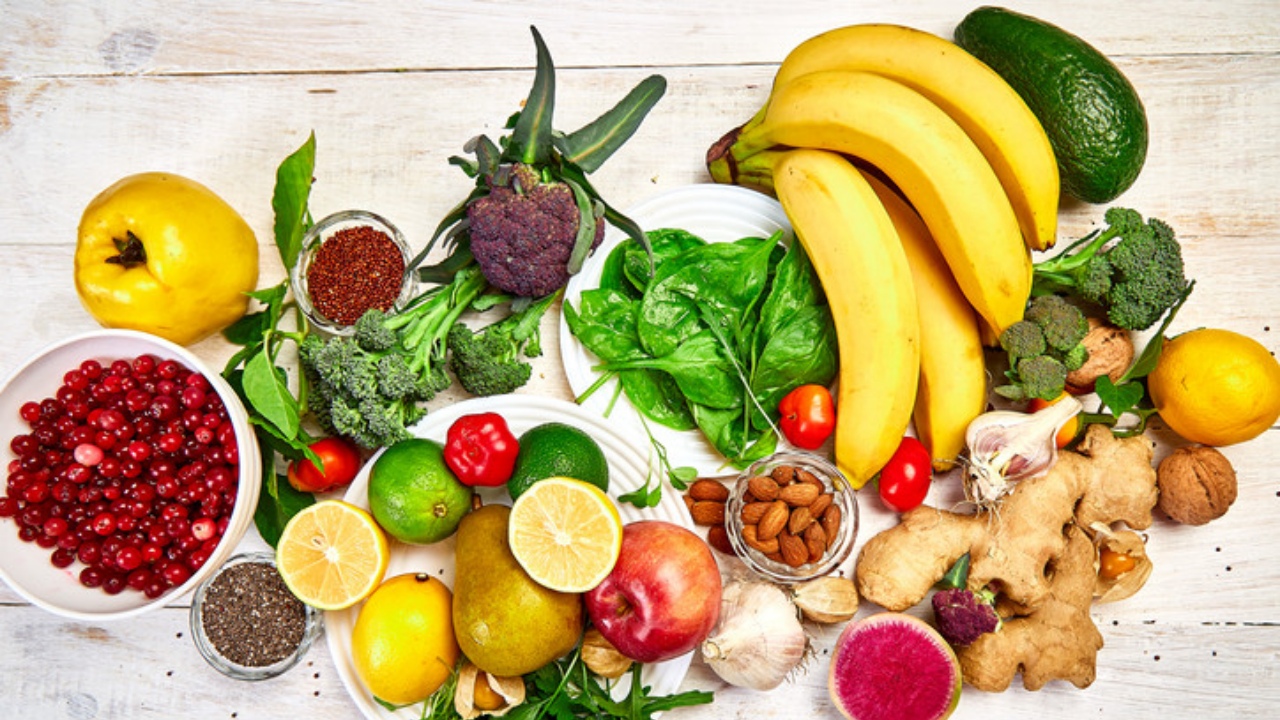

Minerals and vitamins are as necessary for survival as air and water. They shield you from a number of ailments in addition to keeping your body strong and healthy. Although they are frequently combined, vitamins and minerals are very different. Organic compounds known as vitamins are created by either plants or animals. Since they cannot be manufactured by the body (with the exception of vitamin D) and must thus be obtained from the diet, they are frequently referred to as “essential.” Minerals are inorganic substances that come from the soil, water, or rocks. You can, however, take them inadvertently from the environment or an animal that has consumed a specific plant.
The body can store any extra amounts of fat-soluble vitamins in the liver and fat tissues as reserves, as opposed to water-soluble vitamins, which must be consumed in the body’s normal amounts. Vitamin C and the eight water-soluble B vitamins (B-1, B-2, B-3, B-5, B-6, B-7, B-9, and B-12) are both essential nutrients. The fat-soluble vitamins are A, D, E, and K. Despite the fact that there are several minerals, certain are crucial for health. There are two groups for both major and trace minerals. Major ones suggest higher body levels, but they are not always more important than trace ones.
Federal recommendations recommend daily minimums for vitamins and important minerals. Following so many numbers, though, can be perplexing unless you need to raise your intake for certain ones due to a deficiency or other medical issue. Adopting a wide-ranging healthy diet is the greatest strategy to make sure you obtain a variety of vitamins and minerals at the right levels. This calls for a focus on dairy products, whole grains, beans and legumes, low-fat protein, and fruits and vegetables. The good news is that you can easily achieve your daily needs from regular meals because many common foods include numerous mineral and vitamin sources.
B-1: Acorn squash, watermelon, ham, and soymilk
B-2: whole and enriched grains and cereals, yogurt, cheese, milk, and yogurt.
Meat, poultry, fish, whole grains enriched with B-3, mushrooms, and potatoes
Beef liver, eggs, shrimp, salmon, fortified milk, sweet potatoes, carrots, pumpkin, spinach, and mangoes are all sources of vitamin A.
Citrus fruits, potatoes, broccoli, bell peppers, spinach, strawberries, tomatoes, and Brussels sprouts all contain vitamin C.
Fatty fish, fortified milk, and cereals all contain vitamin D.
Vegetable oils, leafy green vegetables, entire grains, and nuts all contain vitamin E.
Foods high in vitamin K include kale, spinach, broccoli, eggs, and cabbage.
Keep reading IWMBuzz.com
Also Read: Most recommended ideas to keep your office ambiance healthy
In today's article, we will learn the importance of happiness and how to maintain it…
Today, we will look at three common mistakes couples make in their relationships regarding intimacy…
In this article, we will learn about the simple ways that can help one overcome…
Check out the list of couples' biggest relationship mistakes in this article.
In this article, we will learn about anxiety and how one can handle it in…
In this article, you will understand the horrifying effects of child abuse.